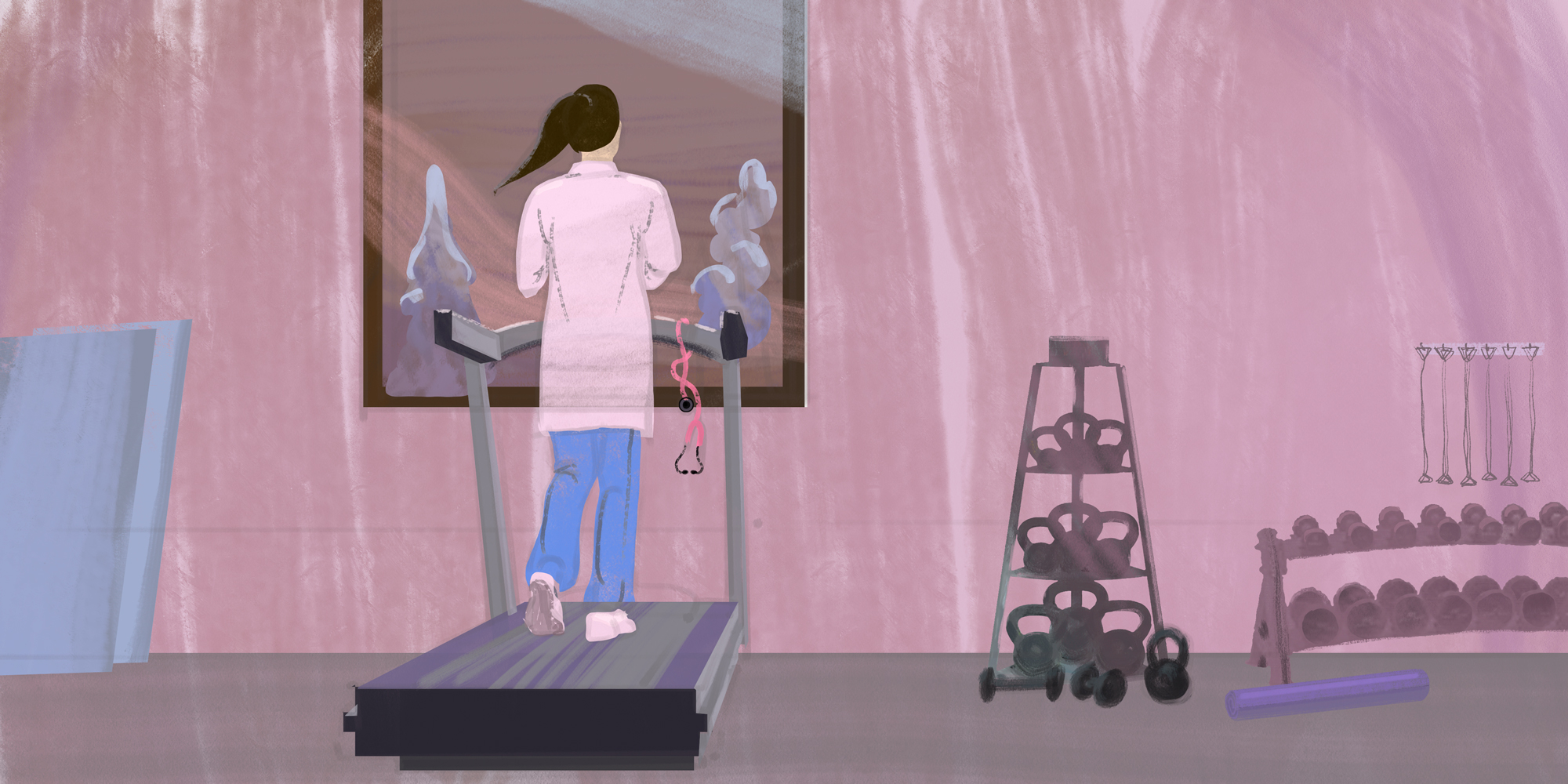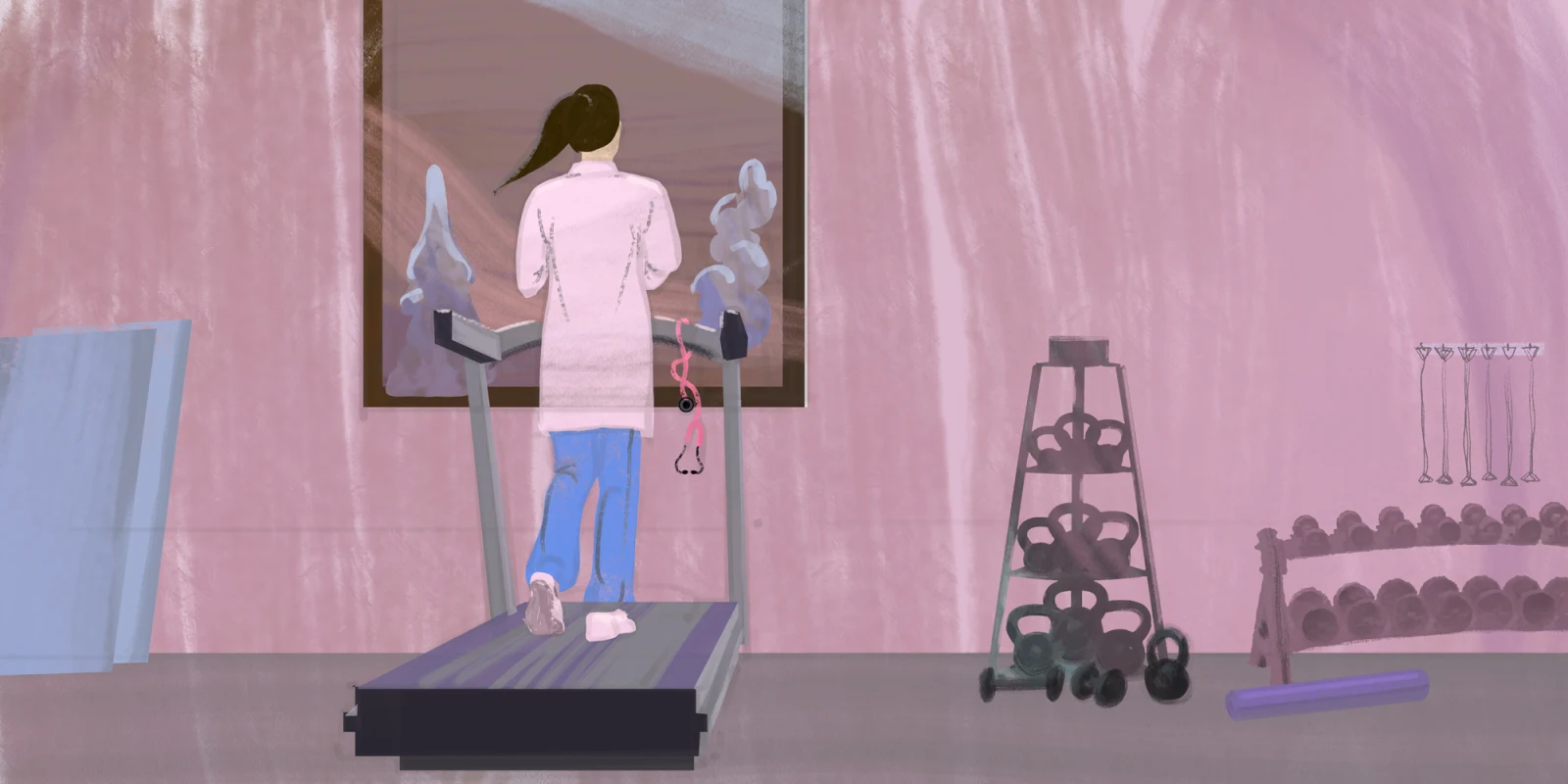 I have a confession: I’m not surviving, I’m thriving. My husband has always worked from home. I have two responsible, social-distancing, part-time childminders who allow me the luxury of study time. I drive less and see my children more. I saw my daughter’s first steps. I have left the confines of my house and yard exactly once in three months and I don’t mind.
I have a confession: I’m not surviving, I’m thriving. My husband has always worked from home. I have two responsible, social-distancing, part-time childminders who allow me the luxury of study time. I drive less and see my children more. I saw my daughter’s first steps. I have left the confines of my house and yard exactly once in three months and I don’t mind.
The ability to self-isolate with an intact income is a privilege I don’t take for granted, but I have not been untouched by the virus. Three of my immediate family members have lost their jobs and income. The number is higher if you count extended family. My mother was nearly stranded overseas and had to travel internationally at the height of the epidemic. My diabetic father had a stroke during this time and spent the night in an ER (he is, thankfully, fine).
Things aren’t easy. But they aren’t that bad either. I hear people in situations similar to mine allude to the collective trauma of a pandemic, but that has not been my experience and it doesn’t have to be yours. Here are some science-backed tips for staying resilient, happy, and thankful:
- Have a Goal. Studies have consistently shown that making progress towards a goal improves psychological wellbeing. Your goal should be attainable, but challenging enough that you will be proud to achieve it. I have two: get an above-average STEP 1 score and shed some long-lingering baby weight. I enjoy having one goal that requires active effort and another that requires will power alone. My husband has been learning piano with a nifty app and an old keyboard. Choose a goal that is meaningful to you.
- Commit to a Routine. There is enough uncertainty in the world right now. Your daily routine can add to that, or it can be a source of stability. I can tell you what I’ll be doing at any given time most days. Having a predetermined schedule with reliable outcomes helps to unclutter my mind. It keeps me from needing to make countless decisions since many things are already decided en masse. I think of my daily routine as a source of consistent endorphins — with little bursts of dopamine delivered each time I meet a milestone or complete a scheduled task. Shower completed, check, endorphins! Kids fed, check, endorphins! Kitchen cleaned, check, endorphins! Uworld block, check, endorphins!
- Exercise. Exercise is one of the better-known secrets to happiness. One of my first coronavirus purchases was an inexpensive exercise bike. It is well worth the space it takes up in my living room. I also spend about half-an-hour each day cleaning very quickly. Yes, cleaning is exercise! And it comes with the added benefit of a tidy home.
- Practice Gratitude. Practicing gratitude is a way to change your thinking patterns. The aim is to increase your appreciation for everything that is going right, instead of ruminating on things that are going wrong. There isn’t one way to do it, but there are several methods that have gained traction. For example, you can keep a gratitude journal in which you write five things you are grateful for every night before bed. When you find yourself being more grateful in everyday life, you’ve mastered the mindset. Whether you continue a practice of gratitude is then up to you.
- Forgive Yourself. This is one of life’s most important lessons, and it is especially relevant now. No one is perfect. Nearly every weekend I manage to obliterate my perfectly curated schedule and eat my weight in pizza. I wake up Monday morning feeling like I’ve failed myself and dropped the ball on both my goals. But then I say: $%#@ it. We are all doing the best we can. And sometimes you just want to eat pizza, drink beer, and watch Frozen cuddled up with your favorite tiny people. And that’s okay.
Some coronavirus-related trauma cannot be avoided, but self-isolation itself does not have to be traumatizing. Build yourself up. Accomplish something. Be proud of yourself. Choose to appreciate the pieces of life that are intact — those that are more intact. Revel in the time you have with your quarantine-mates. We will have the rest of our lives to play outside.
Erin Wildermuth is a medical student with a master's in International Political Economy from the London School of Economics. She is passionate about health, economics, and technology. She recently edited a compilation of international essays from women using technology to find economic independence and work-life balance. Erin is a 2019–2020 Doximity Fellow.
Illustration by Jennifer Bogartz
Click here to see more perspectives on COVID-19 from the Doximity network.
Click here for up-to-date news about COVID-19 on Doximity.







